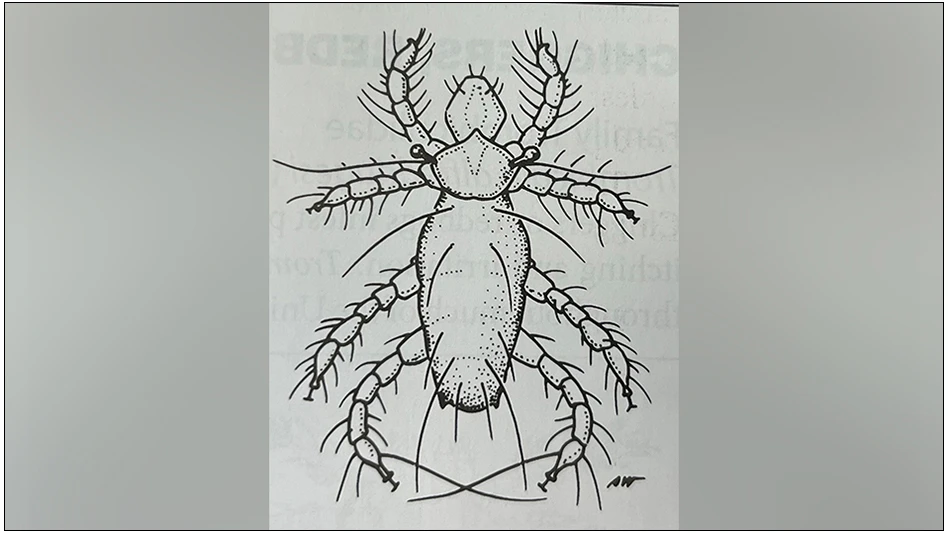 It started innocently enough: as a pest management technician, sometimes you get a little spray or mud on your customers’ carpets. For us at Varment Guard, Columbus, Ohio, a light bulb went off — Why not offer to clean their carpets?
It started innocently enough: as a pest management technician, sometimes you get a little spray or mud on your customers’ carpets. For us at Varment Guard, Columbus, Ohio, a light bulb went off — Why not offer to clean their carpets?
Carpet cleaning is a service business. Just like pest management, you go out with the equipment, provide the service, talk with the customers — it felt natural. So Varment Guard diversified its service offerings to include carpet cleaning in addition to wildlife, pest and termite control.
Next, customers started asking us to work on their lawns. Why not? Lawn care seemed to follow the service model. Then, during the many times we pulled insulation from an attic to get to a rodent or raccoon or its nest, customers asked if we knew anyone who could install new insulation. Know anyone? We can do it ourselves!
Before we knew it, Varment Guard was providing Ohio and its contiguous states service upon service: carpet cleaning, lawn care, insulation installation, HVAC, handyman services, remodeling. Trouble was, we were spending so much time managing the problems associated with these side businesses that we lost sight of our most profitable business, our core business: pest management. Overall, we were not generating the kind of profits we wanted. In fact, although our revenues kept climbing — past the $1 million mark, then $3 million and $5 million — our profitability was at or near zero.
The Epiphany. The epiphany struck us as we read Jim Collins’ book “Good to Great: Why Some Companies Make the Leap…and Others Don’t” following the 2004 NPMA conference of the same name. Collins’ “hedgehog concept” reminded us of the value of keeping things simple — finding your niche and becoming the best at it. His 80-20 rule made us look carefully at the amount of time we had been spending on our sidelines (to our chagrin, 80 percent of our time was indeed being spent on 20 percent of our business). We discovered that we were losing out on profits every day by simply trying to be all things to all people.
 We pulled out everything besides our profitable service lines: wildlife, pest and termite management, and insulation. Our profitability shot up from almost nothing to 6 to 8 percent. We’re working more efficiently and excelling in our core areas. Our regional presence has grown stronger, too.
We pulled out everything besides our profitable service lines: wildlife, pest and termite management, and insulation. Our profitability shot up from almost nothing to 6 to 8 percent. We’re working more efficiently and excelling in our core areas. Our regional presence has grown stronger, too.
Four Points. Here are the major lessons we learned from this experience:
- If you can’t go beyond mediocrity to be the best, don’t be in the business. We had good intentions in listening to our customers and striving to fulfill their needs, but we didn’t have the expertise to provide outstanding quality in all areas.
- If your expenses outweigh your profits, exit the business. A business might offer a low cost of entry, but the cost of doing business can be a much different story. Expense control is vital to profitability.
- Annual financial reviews are critical. Determine which services are profitable, and eliminate those that aren’t. You should maintain a respectable profit margin in each of your business lines.
- In addition to the numbers, do a gut-check with yourself — does it feel right being in this line of work? Are you offering top-quality service?
My advice when considering entering a new line of business is to remember that it’s a strategic decision and deserves careful consideration. Do your homework, look at your resources and expertise and then, if you’re compelled to enter into that new business, go ahead and try it.
Just make sure you can recognize if and when the time comes to turn off the spigot. Your profitability depends on it, and your core business deserves it.
As told to PCT contributor Donna DeFranco.
WANT MORE?
Enter your email to receive our newsletters.

Explore the January 2013 Issue
Check out more from this issue and find your next story to read.
Latest from Pest Control Technology
- FORSHAW Announces Julie Fogg as Core Account Manager in Georgia, Tennessee
- Envu Introduces Two New Innovations to its Pest Management Portfolio
- Gov. Brian Kemp Proclaimed April as Pest Control Month
- Los Angeles Ranks No. 1 on Terminix's Annual List of Top Mosquito Cities
- Kwik Kill Pest Control's Neerland on PWIPM Involvement, Second-Generation PCO
- NPMA Announces Unlimited Job Postings for Members
- Webinar: Employee Incentives — Going Beyond the Annual Raise
- Pest Control Companies Helping Neighbors in Need Eradicate Bed Bugs





